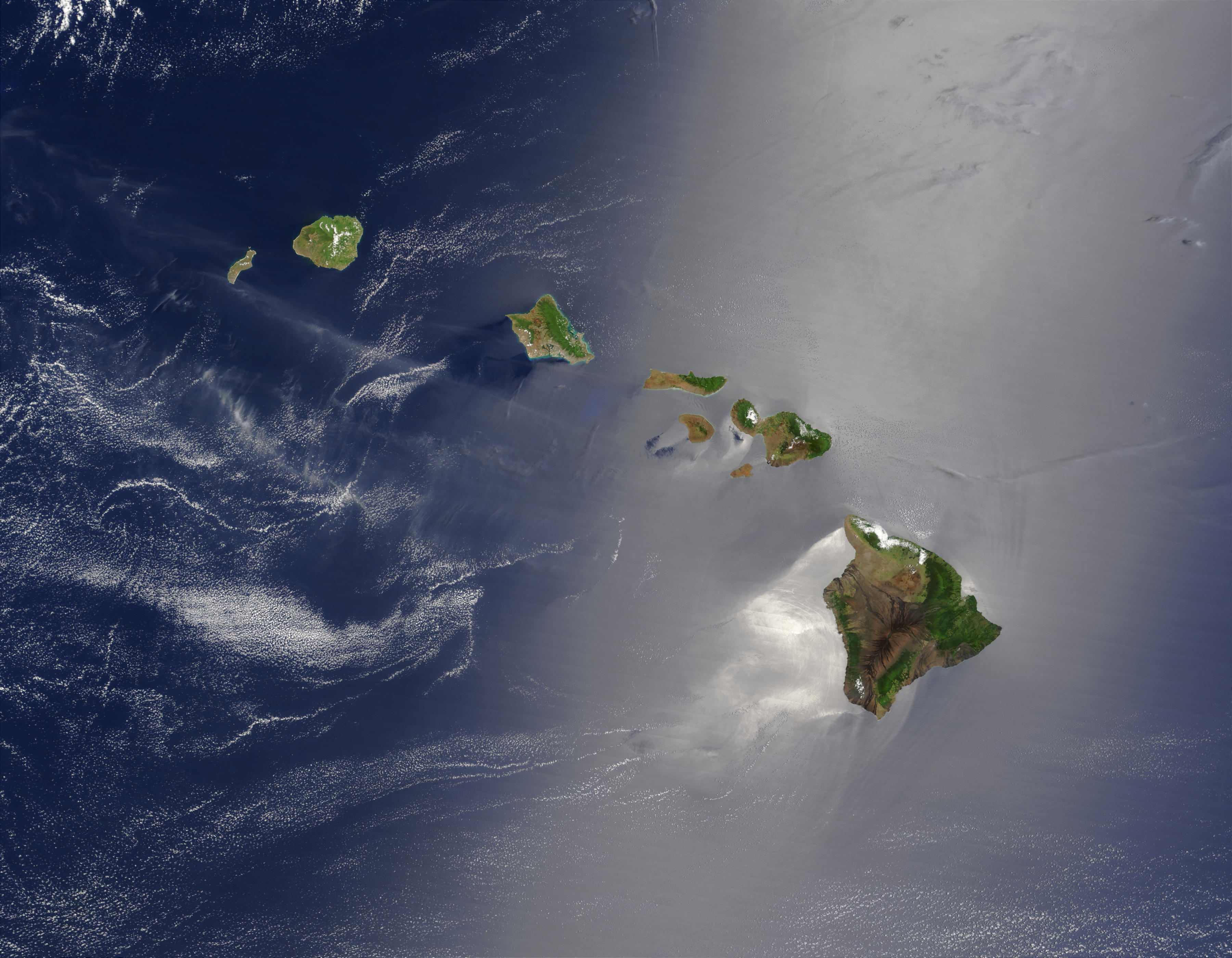It has been said that Hawaii is the paradise of the Pacific. This small island chain represents the fourth smallest state in the union, and the only one that used to be a royal kingdom. From its wonderful selection of tropical fruit and beautiful array of flora and fauna to its dangerous volcanic mountains, Hawaii is one of the most popular tourist attractions in the world. But what do we know of the history of this state?
Historical speculation suggests that Polynesians crossed the Pacific and settled Hawaii at least a thousand years ago. There, the Hawaiians lived in a simple society of fishermen and farmers. Some research suggests that the islanders traded with the people of Easter Island as well as other Pacific communities. English Captain John Cook discovered the Hawaiian island chain in 1778. In a tragic accident, communications broke down between the islanders and Cook’s crew. A battle ensued, which left Cook and four of His Majesty’s marines dead. King Kamehameha I united the islands in 1810, and his grandson, Kamehameha III, did much to unify and promote Hawaiian nationalism. When westerners started to populate the island, epidemics broke out as Hawaiians had no defense against western illnesses. Western settlers started planting sugar fields and building mills to process their crops. The sugar trade grew immensely and added much to the islands’ prosperity. By the turn of the nineteenth century, the sugar barons had so much wealth that they took control of the government and ended the monarchy. Five years later, Hawaii was annexed by the union in 1898.
During World War II, the islands suffered the surprise attack on Pearl Harbor on Dec. 7, 1941. Following the event, Hawaii served as the launching point for all US offenses in the Pacific arena. After the war, Hawaii became a state in 1959 under President Eisenhower. Since then, Hawaii has been a popular destination for geologists, botanists and travelers. Its rich history, tropical scenery, and delicious cuisine secure the island chain’s place as one of America’s greatest treasures.

I loved everything about Hawaii when I was there. Very sad about the royal family, though.
ReplyDeleteWhen I lived in Hawaii I learned that King Kamehameha "united" the islands by conquering the armies of the other islands. In one of the battles he drove 400 men off a 1000 foot cliff.
ReplyDeleteMost "uniting" is done with bloodshed. At times there is a noble cause behind it. The bloodshed of Christ had its noble eternal cause reach the islands in a royal way... See http://www.visionforum.com/news/blogs/doug/2006/04/1487/
ReplyDeleteIt is surprising, for most of us, to think that warfare was a part of Hawaiian society. We tend to think that certain remote cultures have idyllic ways of live that the west has lost. However, war and its causes exist in every society and Hawaii was no exception.
ReplyDelete